We often hear how the pious predecessors would travel long distances just to hear one Hadith. But who were those travelers? What were those Hadith?
Traveler: He is the noble companion Jābir ibn Abdullah ibn Amr ibn Harām. He narrated 1,540 Hadith. He fought in 19 battles alongside the Messenger of Allah ﷺ. His father was a companion. His seven sisters were all companions.
Narrator: He is the noble companion Abdullah ibn Unays. He prayed towards both Qiblas. He smashed the idols of Bani Salamah.
The Hadith as narrated by Jābir ibn Abdullah.
It reached me that a man heard a Hadith from the Messenger of Allah ﷺ, so I purchased a camel, then traveled quickly to him. I travelled for one month until I reached Sham.
The man was Abdullah ibn Unays. I said to the doorman, tell him Jābir is at the door. He replied, “Ibn Abdullah?” I said, “Yes.” He came out dragging his thobe. He hugged me and I hugged him.
I said to him, “It has reached me that there is a Hadith which you heard from the Messenger of Allah ﷺ concerning the retribution. I was afraid that you might die, or I might die before I heard it.”
Abdullah ibn Unays said, “I heard the Messenger of Allah ﷺ, ‘The people will be gathered on the Day of Standing—and he pointed with his hand towards Sham. They will be gathered naked, uncircumcised, and buhman.’ We said, ‘And what is buhman?’ He ﷺ replied, ‘They will not have anything with them. Then a Caller will call out with a voice heard equally by those far and near (saying), ‘I am the King, I am the Reckoner. It is not befitting that anyone from the inhabitants of the Hellfire should enter the Hellfire while someone from the inhabitants of Paradise owes him a right, until he settles it. And it is not befitting that anyone from the inhabitants of Paradise enters Paradise while someone from the inhabitants of the Hellfire owes him a right, until he settles it, even if it is only a slap.’’ We said, ‘And how will this be, when we will stand before Allah, naked, uncircumcised, without anything?’ He ﷺ replied, ‘With good deeds and bad deeds.’” (Al-Adab Al-Mufrad, #970, declared Hasan by al-Albani)
Compensating the Muslim
The Prophet ﷺ said, “Whoever has wronged his brother, should ask for his pardon (before his death), because in the Hereafter there will be neither a dinar nor a dirham (any currency). He should secure pardon in this life before some of his good deeds are taken and paid to his brother, or if he has no good deeds, some of the bad deeds of his brother will be taken and flung on him in the Hereafter.” (Al-Adab Al-Mufrad, #970)
Compensating the Non-Muslim
Ibn Abidin said, “A Muslim who forcefully takes the wealth of a non-Muslim or steals from him will be punished on the Day of Judgement. This is because he has taken wealth which is protected. And it is not likely the non-Muslim will grant a pardon to the Muslim, in contrast to the pardon which is hoped from the Muslim for another Muslim. Therefore, the disputes to be settled with the non-Muslim on the Day of Judgment are more severe. And during the settlement for the oppression; the Muslim cannot give the disbeliever his good deeds, because the disbeliever is not able to receive good deeds on the Day of Judgement. And the Muslim cannot receive the kufr of the disbeliever, thus the retribution remains.”
Compensating Animals
Ibn Hajar al-Haytami said, “There will be retribution amongst animals; and retribution between humans and animals as well. The person who unjustly hit an animal, starved an animal, refused to give it drink, or overburdened it beyond its capability, this animal will extract retribution from this human according to how much it was oppressed. The proof is the hadith of the cat. The Prophet ﷺ saw a woman confined in the Hellfire while a cat was clawing her face and chest; punishing her as she punished it in this life by imprisoning it and starving it. And this applies to all animals.”
Compiled and translated by Rasheed ibn Estes Barbee

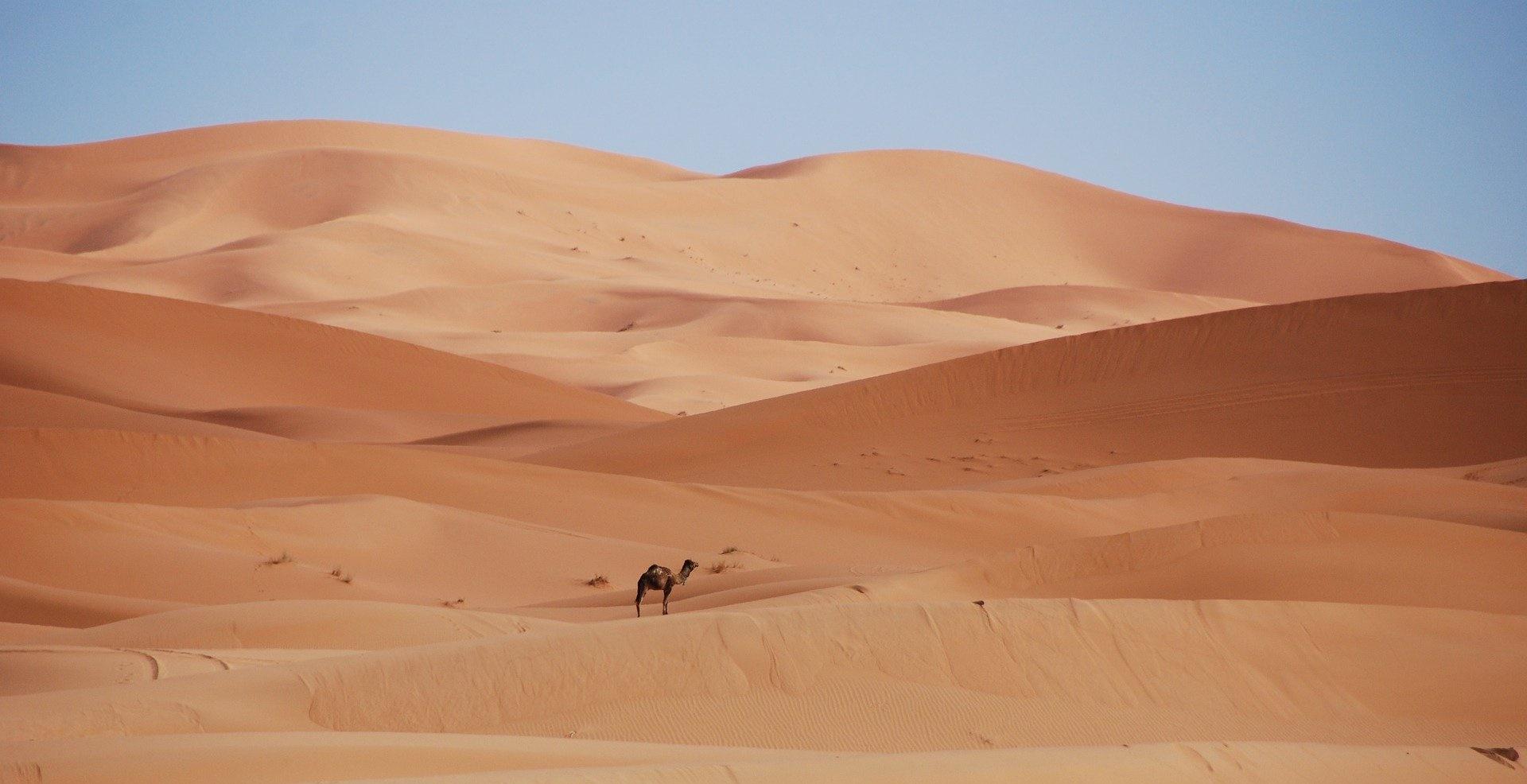

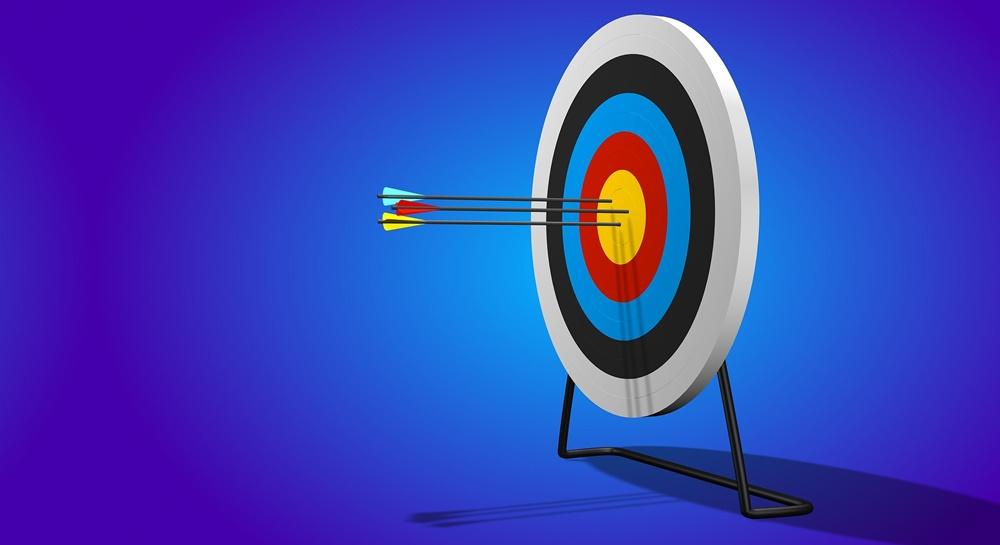
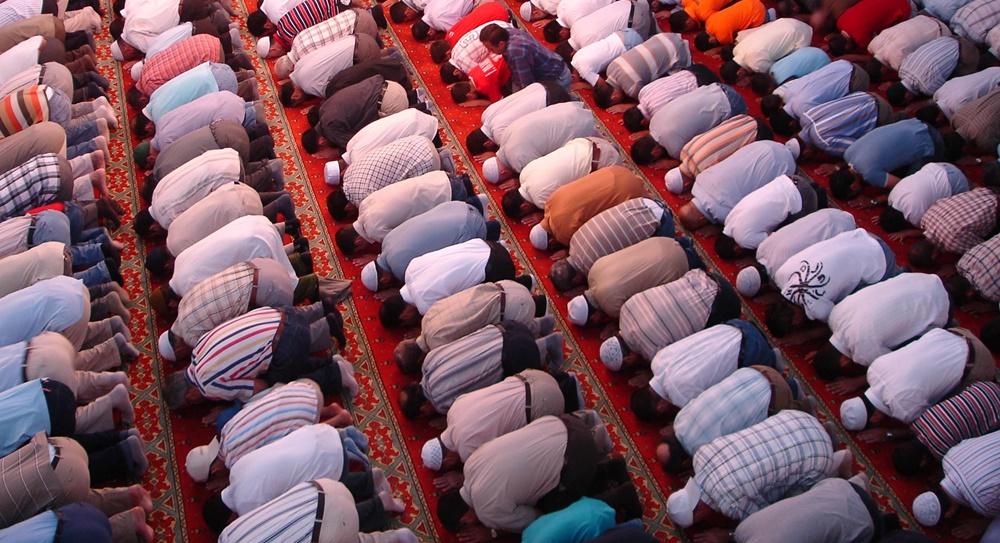
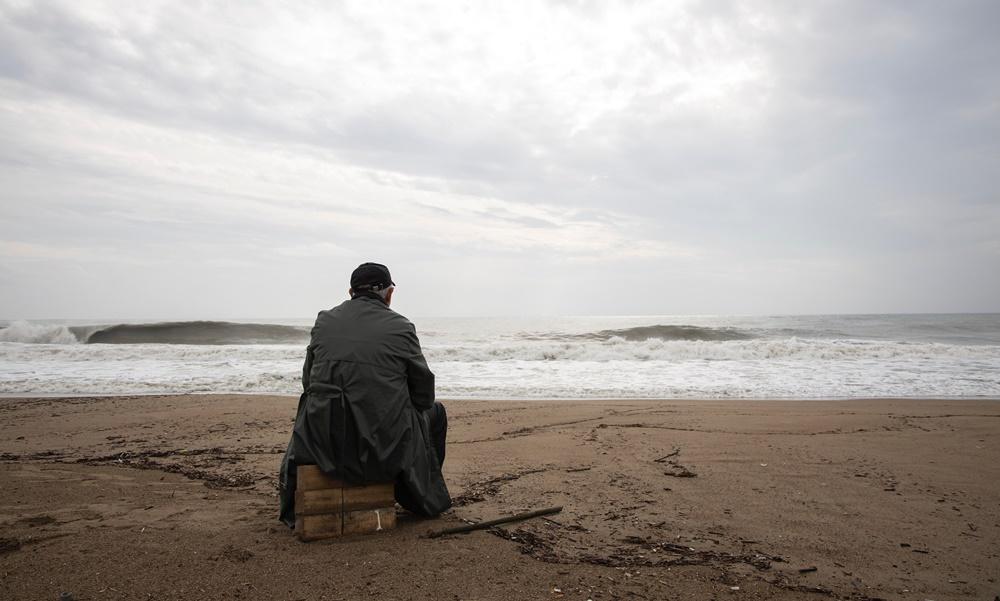
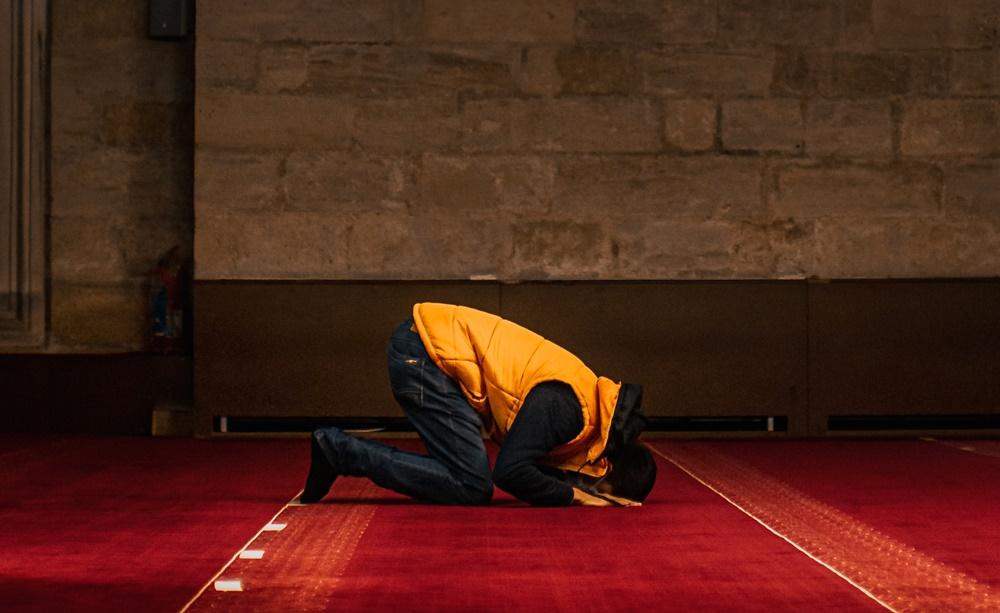

 Dr. Bilal Philips
Dr. Bilal Philips